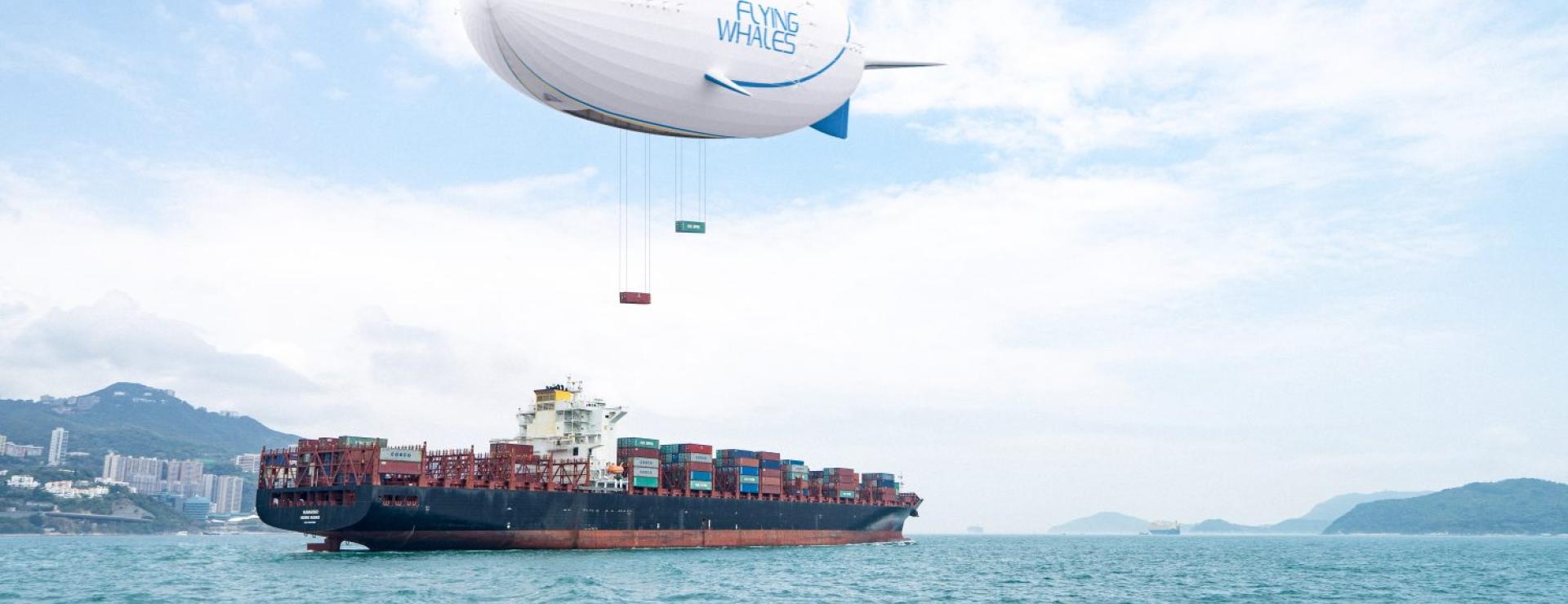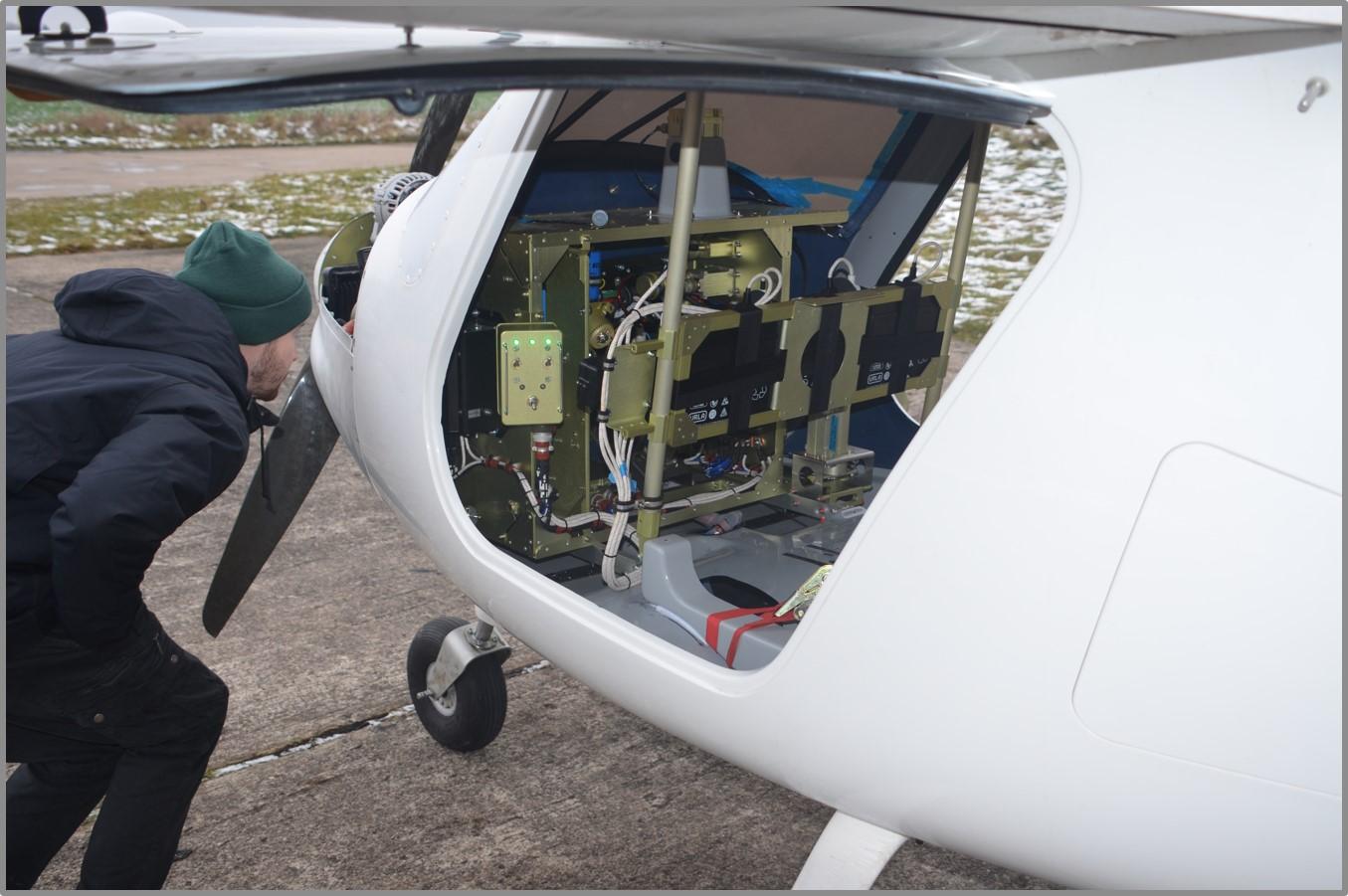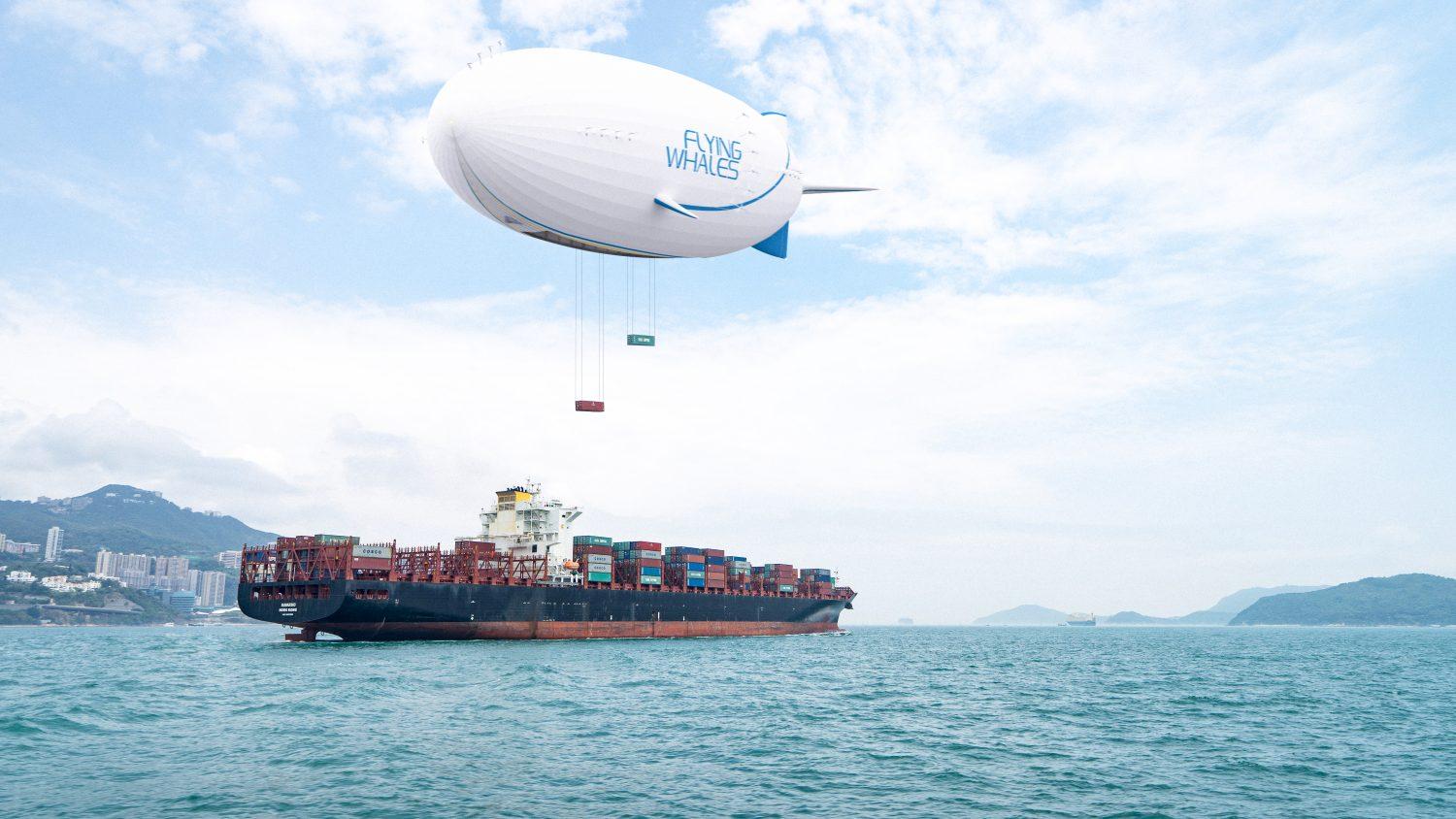Image

Imagining the humanitarian logistics of tomorrow
10/10/2022
Optimization of operations and resources, reduction of ecological impact, technological innovation: what solutions for Aviation Sans Frontières?
An ideal tool to minimize costs and risks.
The delivery of loads with drones allows the transport of small objects at a high frequency over the last kilometers, thus complementing traditional means.
.
In collaboration with Asman Technology, Aviation Sans Frontières has identified a solution that seems to respond well to the needs of humanitarian fields. This is the Phaeton 600, an aerial drone developed on the basis of a light aircraft that has a payload of 160kg and more than 20 hours of autonomy.
A mature solution that has many advantages: a fully automated system, a piston engine that is easy to maintain and repair, and minimal ground infrastructure.
The limits of drone use
Admittedly, the application of this technology in humanitarian logistics faces inadequate regulations that de facto limit access to airspace in many countries. Aviation Sans Frontières is currently studying use cases for the delivery of medicines and/or blood samples in areas of very difficult access, particularly in West Africa. 1 month of testing is planned in 2023 to definitively validate the concept.


FLYING WHALES is a French company created in 2012 that is developing an ambitious and unique program in the world: the LCA60T, a rigid airship for the transport of heavy loads with a payload capacity of 60 tons.
Originally designed to meet the needs of skidding renewable wood resources in hard-to-reach areas, the LCA60T is intended, thanks to its unique characteristics of loading and unloading in hovering, to provide answers to the many problems of logistics and isolation around the world with a very small environmental footprint.
This solution will make it possible, at low cost, to overcome all constraints on the ground for point-to-point transport of heavy or bulky loads.
This led the FLYING WHALES team to imagine and develop the FLYING CARE project: a mobile hospital delivered by air and shared between remote cities that will allow regular medical rounds, with controlled costs. Aviation Sans Frontières is proud to be able to bring its expertise from the field to develop this project.